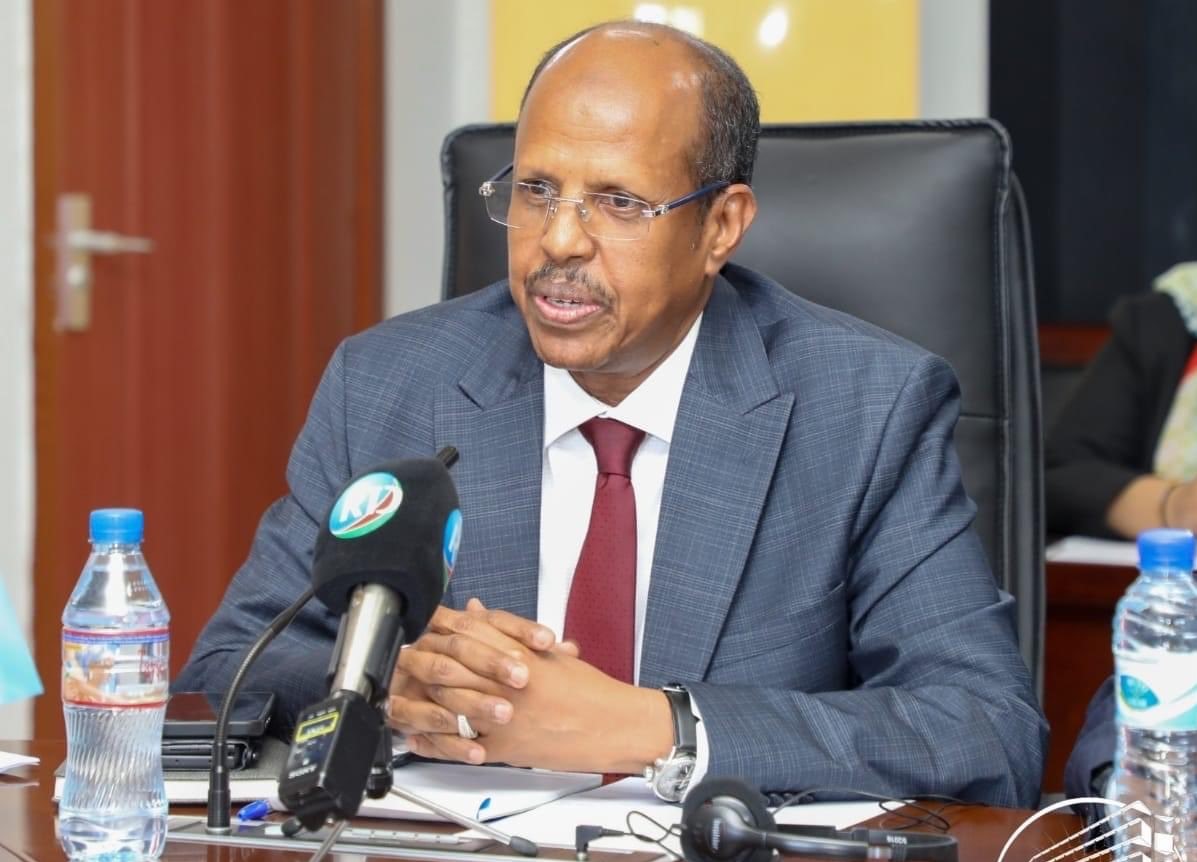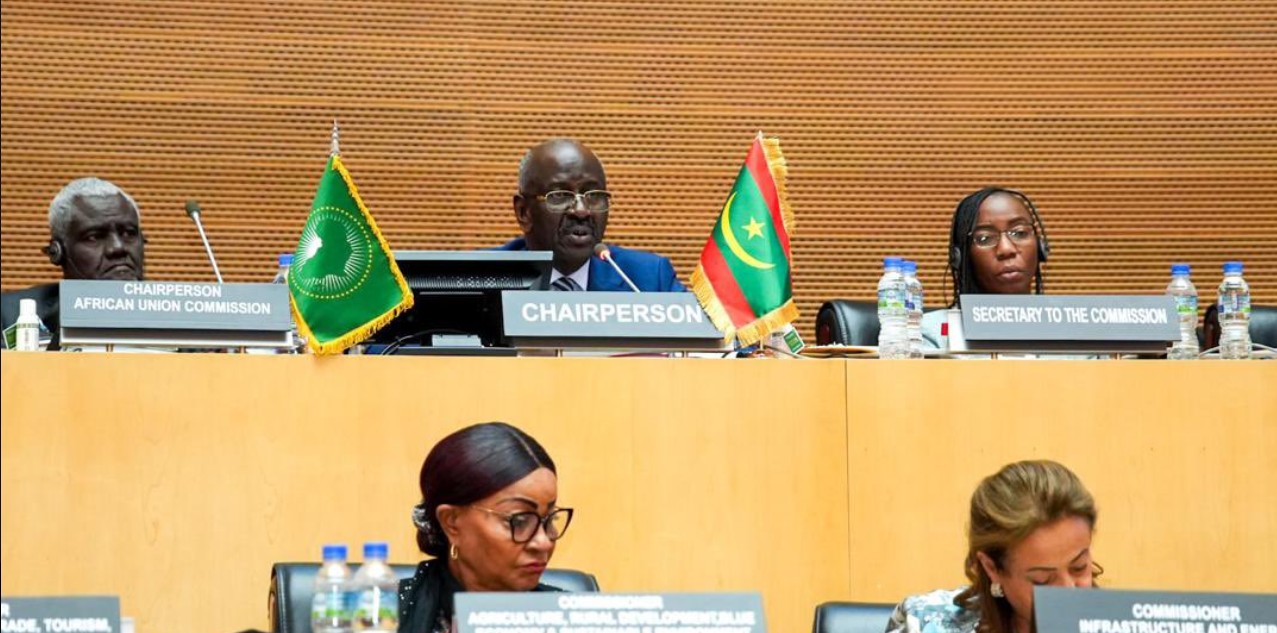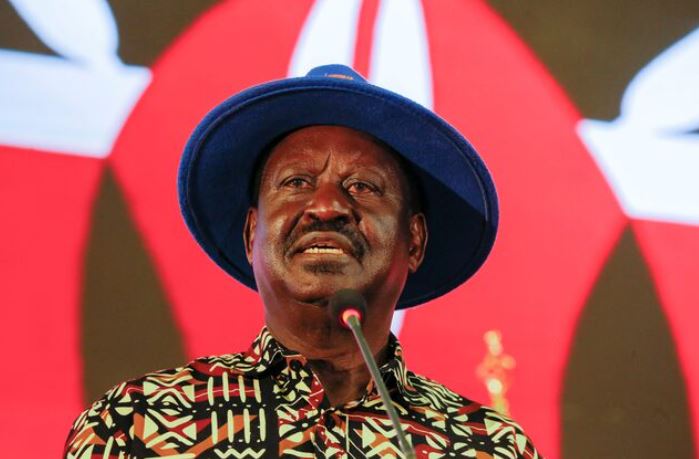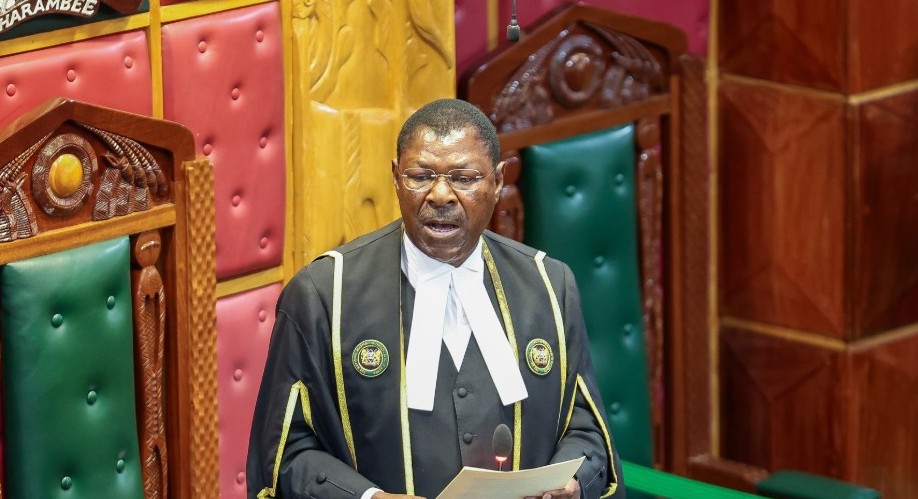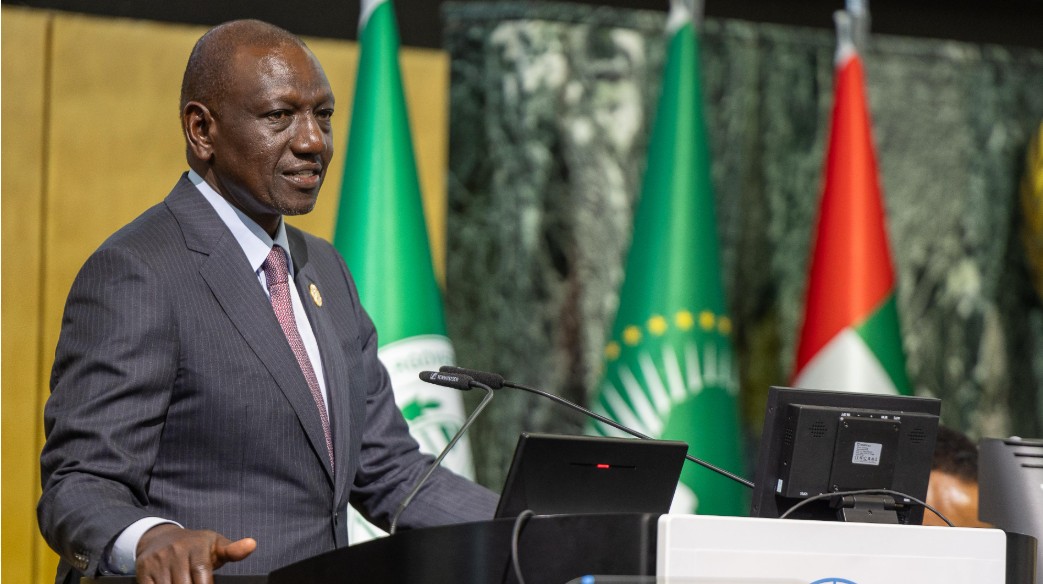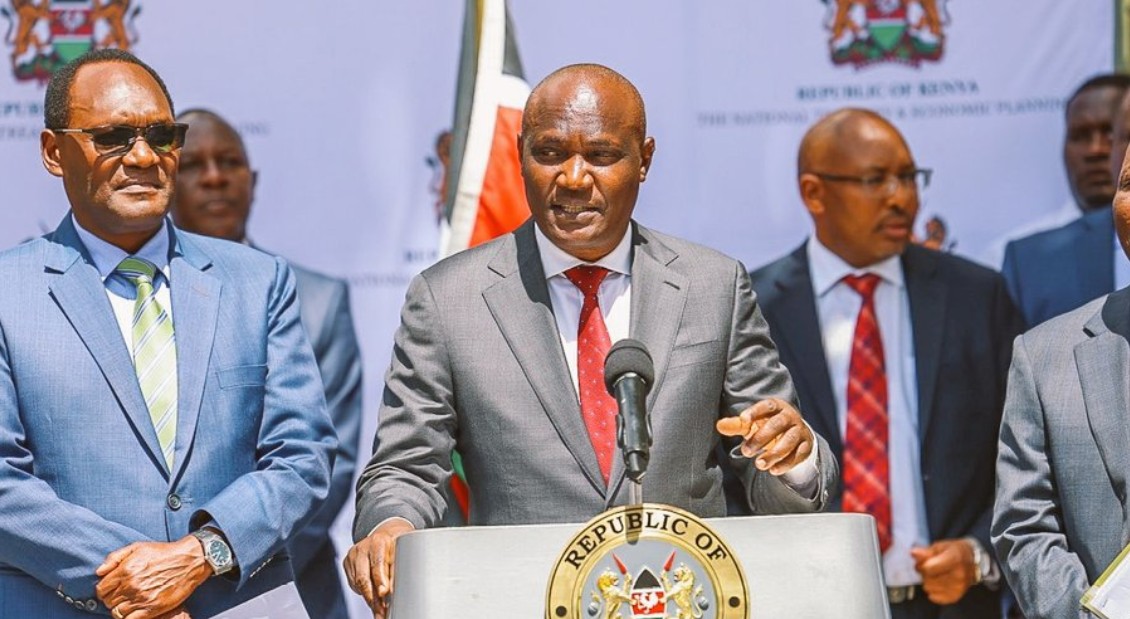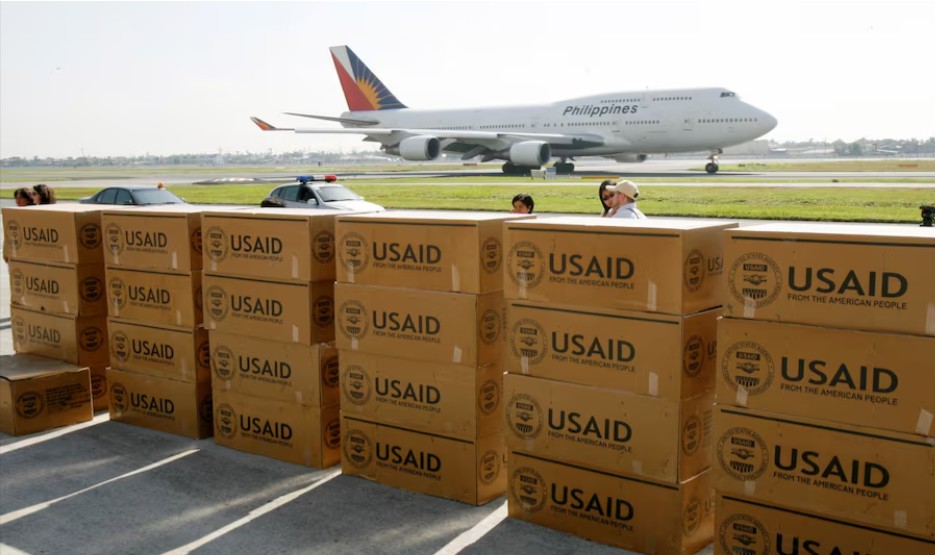MPs raise concerns over Kenya Airways' dwindling market share as regional rivals expand
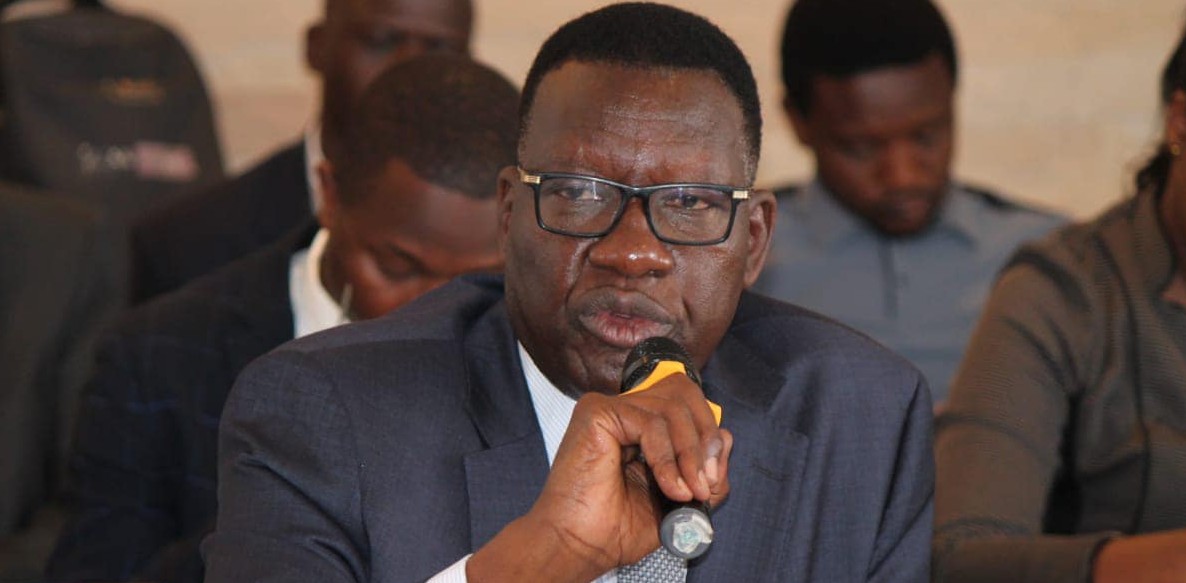
MPs expressed concern that neighbouring countries, including Tanzania and Uganda, are reviving their airlines, further increasing competition.
Kenya Airways (KQ) is at risk of being crowded out of the aviation market as competitors expand aggressively, lawmakers have been told.
The National Assembly's Transport and Infrastructure Committee, chaired by Ndia MP George Kariuki, raised concerns over KQ's dwindling market share and questioned the government's commitment to revitalizing the national carrier.
More To Read
The committee met with Roads and Transport Cabinet Secretary Davis Chirchir for an update on the implementation of the National Management Aviation Bill.
The Bill seeks to enforce recommendations made by Parliament, including the proposed nationalisation of KQ, following its continued financial struggles.
Lawmakers pointed out that KQ has lost ground to competitors over the years.
Between 2015 and 2018, Ethiopian Airlines grew its market share by 20 per cent, Qatar Airways by 12 per cent, and RwandAir by 22 per cent, while KQ suffered a 4 per cent decline.
MPs expressed concern that neighbouring countries, including Tanzania and Uganda, are reviving their airlines, further increasing competition.
CS Chirchir explained that KQ's rivals are focusing on both infrastructure development and fleet expansion.
"Ethiopian Airlines is constructing Absera Airport, expected to be operational by 2029, with a capacity to handle 100 million passengers and parking for 270 aircraft. RwandAir is also planning to double its fleet and become East Africa's aviation hub, with ongoing negotiations with Qatar Airways," Chirchir said.
Aviation sector neglected
The committee questioned why Kenya has neglected its aviation sector for over a decade while competitors continue to grow.
The committee’s vice chairperson Didmus Barasa urged the ministry to license private inspectors to address delays in aircraft certification, licensing, and inspection, which have long been a challenge in the sector.
"The Kenya Civil Aviation Authority's (KCAA) capacity challenge has been a thorn in the industry, delaying critical processes," Barasa said.
He also called on the CS to provide a report detailing the challenges in the aviation industry and how policies are addressing them.
CS Chirchir assured the committee that the government is committed to creating an enabling environment for aviation sector growth.
"The National Aviation Policy will lay the foundation for expansion, supporting Kenya's Vision 2030 goal of becoming a middle-income country," he said.
New aircraft stands
As part of this plan, the government intends to construct new aircraft stands for both passenger and cargo planes to reduce apron congestion at the Jomo Kenyatta International Airport (JKIA).
A partial parallel taxiway is also in the pipeline to allow phased closures of sections of the existing taxiways for terminal expansion.
The refurbishment of Terminals 1E and 2 will also extend their service life until a new terminal is operational.
CS Chirchir added that significant investment will be required for the expansion of JKIA.
The government is open to private sector participation through a design, build, finance, operate, and transfer (DBFOT) concession model.
"This approach will strike a balance between private sector involvement in financing and executing the project while ensuring government retains strategic control," the CS said.
Under this model, private investors will bear key risks, including design, construction, and commercial operations.
The committee is expected to review the ministry's proposals and assess whether the interventions will help KQ regain its footing in the aviation market.
Top Stories Today
